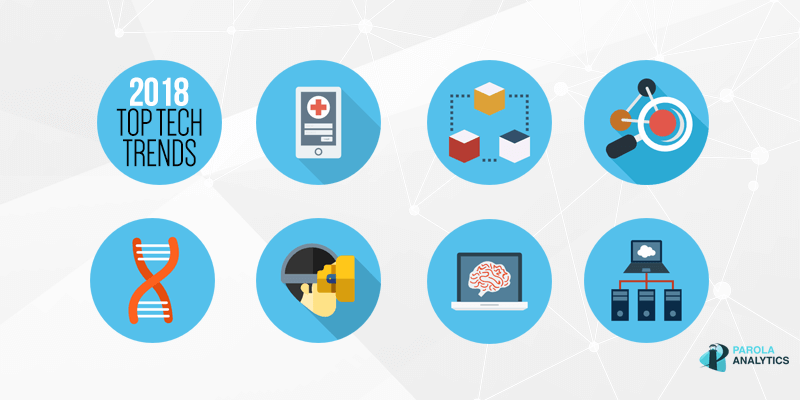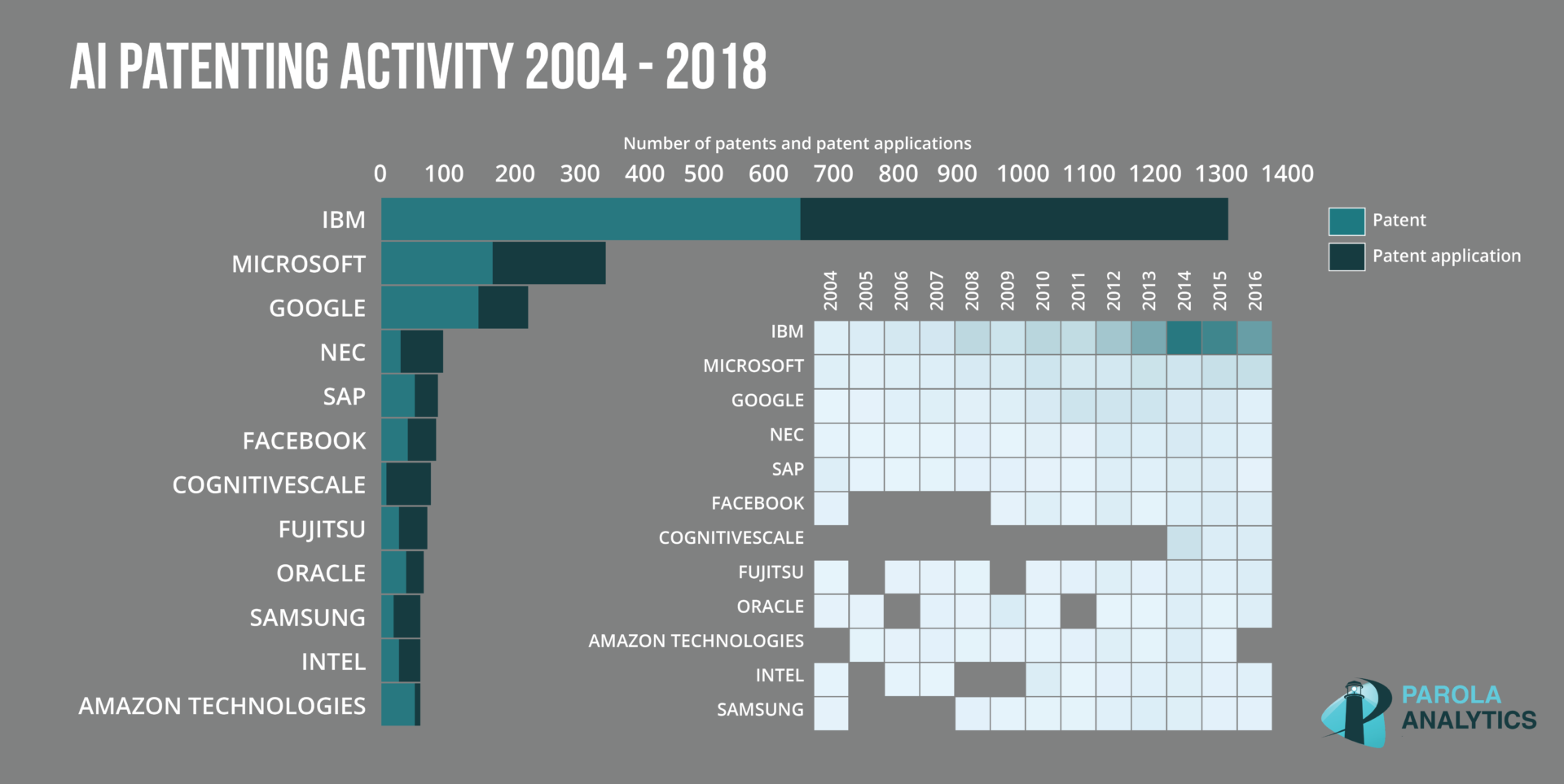In a largely unexpected move, Bill Gates-backed Intellectual Ventures (IV) has decided to license 18,000 of the patents in its portfolio to RPX members.
Law360 described IV as a company in its prime already in decline. While IV owns an enormous patent portfolio, that in itself is no guarantee that it has prevailed or will prevail in every or most patent litigation cases involving its asserted patents.
In hindsight, IV’s decision to divest a big chunk of its remaining patent portfolio through a one-time wholesale licensing deal with RPX was not surprising. Every patent-assertion company like IV is hobbled by many significant limitations inherent in its business model. For one, no matter how large a company’s patent portfolio is, the likelihood of anyone’s prevailing as plaintiff in patent litigation always depends largely on how strong the asserted patents are. There’s simply no getting around that.
Alice also made it harder overall for software patent owners to prevail in patent litigation.
And even if an asserted patent is pretty strong, the amount of royalty income a patent owner can derive from it still depends on many factors such as how long the patent’s remaining lifetime is, how many companies can be potentially persuaded to agree to acquire a license from the patent owner, whether the technology area covered by the patent is being superseded by newer technologies, whether the patents are software-related or business method type patents, etc. Also, potential licensees may simply decide to abandon any of their company’s affected business segment simply because they don’t believe it’s worth dealing with the asserted patents in any way. And even if a third-party has already previously agreed to acquire a license based on the asserted patents, any preliminary or subsequent disagreements regarding the terms of a licensing agreement can also give rise to litigation.
While IV may still be deriving substantial royalty income from patents it acquired previously, its growth as a company is still predicated on its ability to continuously find and persuade companies to pay royalties based on its asserted patents. But again, any patent assertion company’s success in any patent litigation hinges largely on how strong its asserted patents are. If the companies against whom those patents are being asserted view them as being relatively weak, those companies would be much more willing to defend themselves in the courts, where the asserted patents also face potential subsequent invalidation. Either way, the patent assertion company always faces the possibility of incurring substantial expenses and financial losses.
And although many companies might agree to pay royalties to a patent assertion company, it does not mean that the other companies will follow their lead. At the end of the day, the asserted patent must be strong enough to withstand any challenges certain to be directed against it.
Thus, if a company’s growth hinges largely on patent litigation, the company’s likelihood of regularly meeting its annual growth target will necessarily be also a hit-or-miss proposition because no one is guaranteed success in patent litigation. And that is a highly unpalatable prospect for many potential investors over the long haul.
In addition, patent litigation can be very costly, time-consuming, and extremely stressful. And unlike law firms that are guaranteed income from legal fees regardless of a patent litigation’s outcome, a patent assertion company will always have to pay the lawyers, whether it wins or loses.






